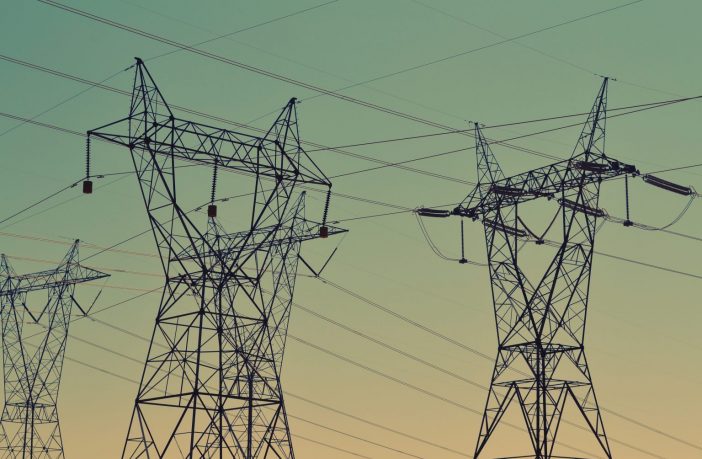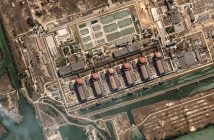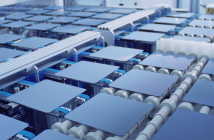- The increases means that domestic consumers using up to 300 kilowatts per month and prepaid customers will pay 17.6% more for their power.
- The agricultural tariff has almost doubled to 4.08 meticais per kilowatt hour.
- Rates for the “social category” – those Mozambicans regarded as poor – remain unchanged.
Electricity of Mozambique (EDM) has announced a sharp tariff increase in four categories of low-voltage customers namely; those on the social tariff, domestic tariff, agricultural tariff and general tariff.
The latest announcement brings a total of four tariff increase implementations in the last five years. EDM cites the same justifications as in the previous three tariff increases: “To allow the company to continue to invest in the expansion of the network, with a view to meeting the growth in demand and increasing access to electricity, and to ensure a financial balance which will provide for the continuity of quality and secure energy supply.”
- The increases mean that domestic consumers using up to 300 kilowatts per month will now pay 6.63 meticais per kilowatt hour, 1.17 meticais more than previously. This translates to a 17.6% increase.
- For prepaid customers, the Credelec increase is 1.49 meticais kilowatt hour, which now costs 8.44 meticais also translating to a 17.6% increase
- The agricultural tariff has almost doubled to 4.08 meticais per kilowatt hour. That is nearly a 100% increase.
- Rates for the “social category” – those Mozambicans regarded as poor – remain unchanged.
Author: Bryan Groenendaal











